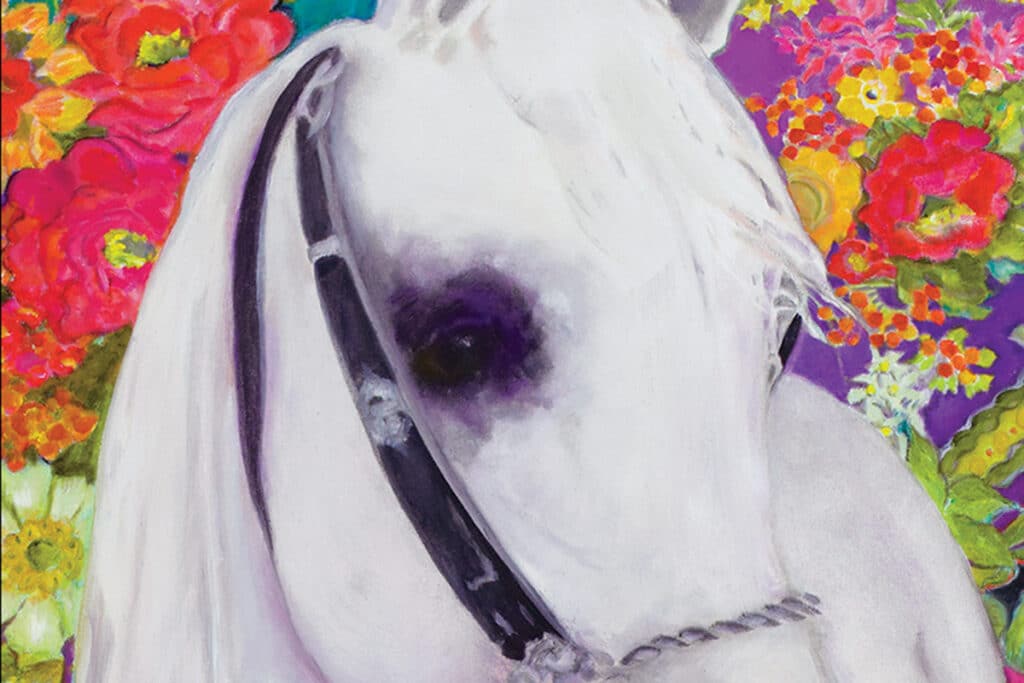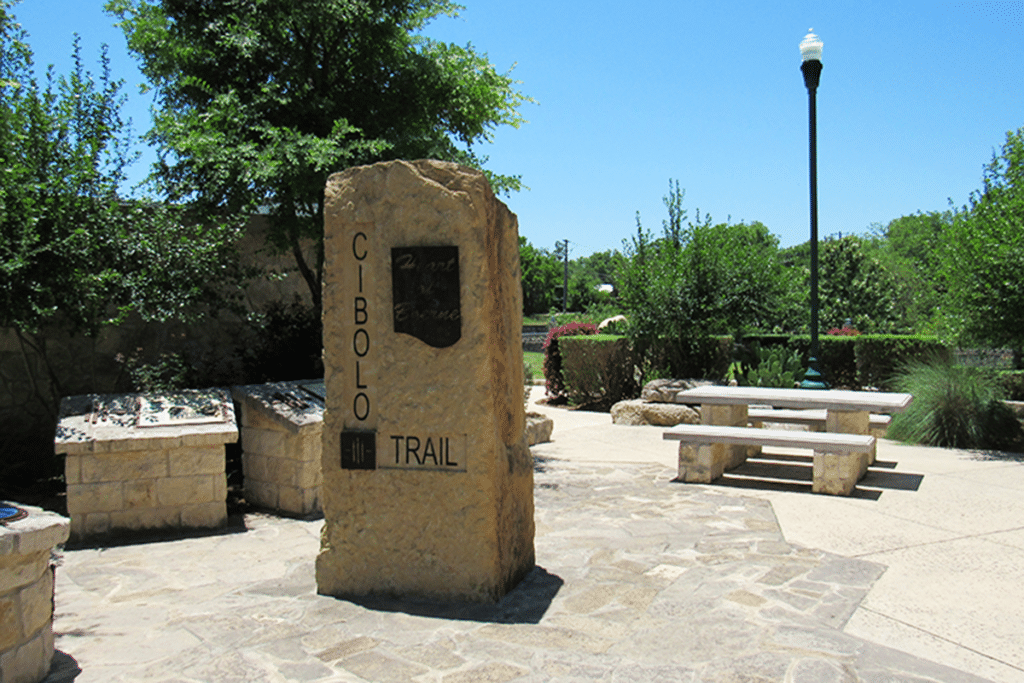One of the questions Nan Cuba gets a lot when she speaks to book groups is: How did your novel get included in O, The Oprah Magazine’s “15 Riveting Reads” for the month of May? Such an endorsement is no small accomplishment for any writer, let alone a first-time novelist such as Cuba. Yet the San Antonio author pulled no strings to lasso that coveted accolade. Her novel, Body and Bread, spoke for itself. O’s book editor received a copy from the publisher (Engine Books), read it, liked it, and that was it. What’s more, the O list was later picked up by the Huffington Post.
Since the release of her book a few months ago, Cuba has been crisscrossing Texas and traveling farther afield to meet with lovers of fine literature at bookstores, conferences, libraries and other venues. After some 20 years of on-and-off solitary work on the ideas that eventually became Body and Bread, she is delighted to share her experience and insights with readers. It’s like talking about your child, she confides. Just a couple of days after our interview, she was scheduled to fly to California for a publicity tour, with New York and Boston and more Texas cities scheduled for fall. Body and Bread is a sumptuously written, multilayered examination of what happens to a family when a loved one commits suicide. The story is told from the perspective of Sarah, the suicide victim’s younger sister and favorite sibling, whose life is forever changed by her brother Sam’s suicide. An anthropologist studying Aztec culture, Sarah struggles to understand the roots of Sam’s distress while finding refuge in Mesoamerican mythology, which ultimately also helps her heal.
Cuba readily admits that Sam and Sarah’s story was inspired by her own brother Paul’s suicide at age 26. While working on the manuscript, “I realized that Sarah was trying to figure out why Sam committed suicide,” says the author, “but then I also realized that I was trying to do the same about Paul. But now that the book is finished, I see that it is really about the damage that suicide inflicts on loved ones. I must have been damaged by what Paul did. I still miss him, and I also get angry that he is not here.” Of her three living brothers, only one, the youngest, contacted her after the novel came out. For her part, Cuba did not send them copies of the book. Though Sam and Sarah’s family is a fictional one, Cuba’s brothers’ behavior may very well attest to the damage that she so meticulously examined in her narrative. A well-known personality on the San Antonio literary scene who founded the literary center Gemini Ink, Cuba did not start working in earnest on the novel until 2004, after she left the organization. She devoted a year to developing her manuscript and finding an agent. By this time, she had already published multiple semi-autobiographical short stories dealing with an East Texas family’s vicissitudes, though none of them dealt with suicide. Eventually those stories served as base material for what became Body and Bread but not before she put in additional years of labor, writing and revising and receiving rejections when she submitted excerpts and proposals. Friends started to wonder about her persistence. Even today people ask what kept her going.
“I recently addressed this topic with a group in Houston,” explains the friendly author while we are sipping tea in her living room. “My friends became concerned. Are you still working on your book? people would ask me. But I saw that my writing was getting better and better (with each revision), and as long as I was getting better, it was OK with me. I felt I was working through an apprenticeship. Rejection also toughens you. You become more committed to the work. When a friend suggested that it was time to put (the manuscript) in a drawer, I couldn’t do it. It would have been like abandoning my family.” All that hard work ultimately paid off. The reviews have been “wonderful,” but even more exciting were comments from readers who confided that after finishing the book, they had to go back through the pages to look for clues that the author had subtly embedded in the narrative. “I liked that. One woman said she read the entire book twice,” says the author.
Teaching people how to think
Growing up in Temple, Cuba loved words, books and theater. In fifth grade, she bought a bunch of spiral notebooks into which she copied the entire content of an encyclopedia. “I ran my hand over the pages (to feel the slight indentations caused by her pencil), and I loved it,” she recalls. “I loved the words.” After marrying her high school sweetheart, Don Cuba, at 19, giving birth to a daughter and finishing college, she taught in several elementary and middle schools here and in Dallas for nearly 15 years. Ready for a change, Cuba moved into the world of journalism, where she left her mark as the author of a series of articles about the serial killer Henry Lucas and the causes of extreme violence. But she dreamed of literary fiction. In 1987, now mother of two, she enrolled in the Warren Wilson Program for Writers to earn an MFA. That’s when she started writing short stories, poems and essays, many of which were published in literary journals and included in anthologies.
Most San Antonians, however, know her best as the founder of Gemini Ink. The organization, which is celebrating its 20th anniversary this year, started modestly enough by offering readers’ theater events featuring well-known actors, but quickly grew into a respected center of literary activity, with classes for writers taught by prominent authors and other book industry personalities. “There was no real plan. It all happened by accident,” recalls Cuba. “But after a while I realized that people were counting on us to continue what we had started. We were already paying some people to work for Gemini Ink. I had to make a choice, either to stay and commit seriously to the organization or leave. I stayed, but it wasn’t easy.”
When she left 11 years later, Gemini Ink had a staff, a committed board, a strategic plan and the support of a number of local businesses. It was time, she says, for someone “who loved administration to take over and let me return to my writing.” Naturally, she is grateful that the center has done well under the leadership of her successors. “I am very proud of it, but I don’t expect people to remember me,” adds Cuba. “What’s important is that Gemini Ink has lasted and still provides the services that people in this community want and need.” Though toward the end of her tenure she began to draw a small salary as the executive director, she first worked as a volunteer, investing her family’s money into the venture. At some point her lawyer husband asked,“Why are we still doing this?” Her reply was short and to the point: “Because we are teaching people how to think.” For her efforts she earned the Imagineer Award from the Mind Science Foundation. Looking back over her many endeavors, Cuba concludes that her mission has always been the same — to teach people how to think: “All my life, it’s been about that.” Since 2005, she has been fulfilling this mission as a professor of creative writing at Our Lady of the Lake University, but come summer of 2014, she plans to devote herself to writing full time. A new novel is already in the works.




